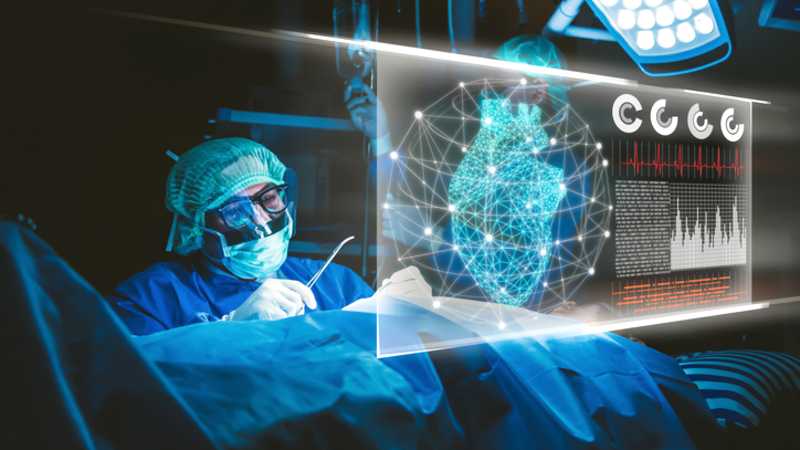Virtual Reality
Although virtual reality has existed for a long time enabling us to play on https://vave.com with great interest, it is becoming more widely used to treat various psychological conditions, such as anxiety and depression. It can also be used to manage pain.
Medical professionals have greatly improved their training by using virtual reality, as it allows them to immerse themselves in the body. In addition, it can help diagnose illnesses by allowing patients to step into a 3D perspective of their organs.
Although virtual reality has immense potential, it is mainly focused on medical applications. Its applications include cancer therapy, rehabilitation, and preventive healthcare.
Neurotechnology
The potential of neurotechnology to improve various aspects of life is immense. It is already being used in the wellness and medical industries, and it has the potential to transform other sectors such as education and national security.
The neurotechnology field encompasses various components that are designed to study and control the brain. These include computers, electrodes, and other devices that can be used to intercept electrical signals coming from the body.
Currently, neurotechnology is being used in various medical applications. It can be used to visualize the brain using MRI, stimulate the nervous system using neurostimulation, and monitor brain activity with implants.
Despite its therapeutic potential, neurotechnology is still very controversial. This technology raises various questions about privacy and data protection. Despite the advancements that it has made in the field, neurotechnology still has a long way to go before it can fully realize its full potential.
Health Wearables
The rise of wearable devices has been attributed to the introduction of Bluetooth in 2000. Today, people are using wearable devices to monitor their various activities and health conditions. These gadgets foster people prevent chronic diseases such as diabetes and heart disease by improving their fitness.
In addition to these, other technological advancements are also being made in the field of wearable devices. For instance, the development of smart pills also referred to as insidetables, is expected to be the next step in the evolution of wearable technology.
These pills are designed to be swallowed and send data to help diagnose a patient’s condition. They can also monitor a person’s glucose levels. Since the development of insidetables and implantables is in its early stages, they are expected to have a major impact on the healthcare industry in the next few years
Artificial Intelligence
AI is becoming increasingly useful in diagnosing and treating various diseases, as it aids doctors to make an accurate diagnosis much faster than they would with traditional methods. In breast cancer care, for instance, it has been shown that using AI can reduce the need for invasive biopsies by up to 30 times.
Through the use of AI, clinicians can create treatment plans that are more comprehensive and help patients to manage their conditions. One of the most recent applications of AI in the life sciences is drug discovery. Through the use of AI, researchers can now speed up the process of discovering new drugs.
Precision Medicine
Medical technology is becoming more personalized to each patient due to advancements in the field. Through precision medicine, which considers the various factors that affect a patient’s health, doctors can now treat them based on their individual genetic make-up and lifestyle.
This type of personalized medicine is more effective than other forms of treatment as it targets the cancer cells based on the patient’s genetic make-up.
The field of precision medicine has immense potential to transform the way healthcare is conducted. Although it is currently most commonly used in oncology, it has other applications such as treating infections.



